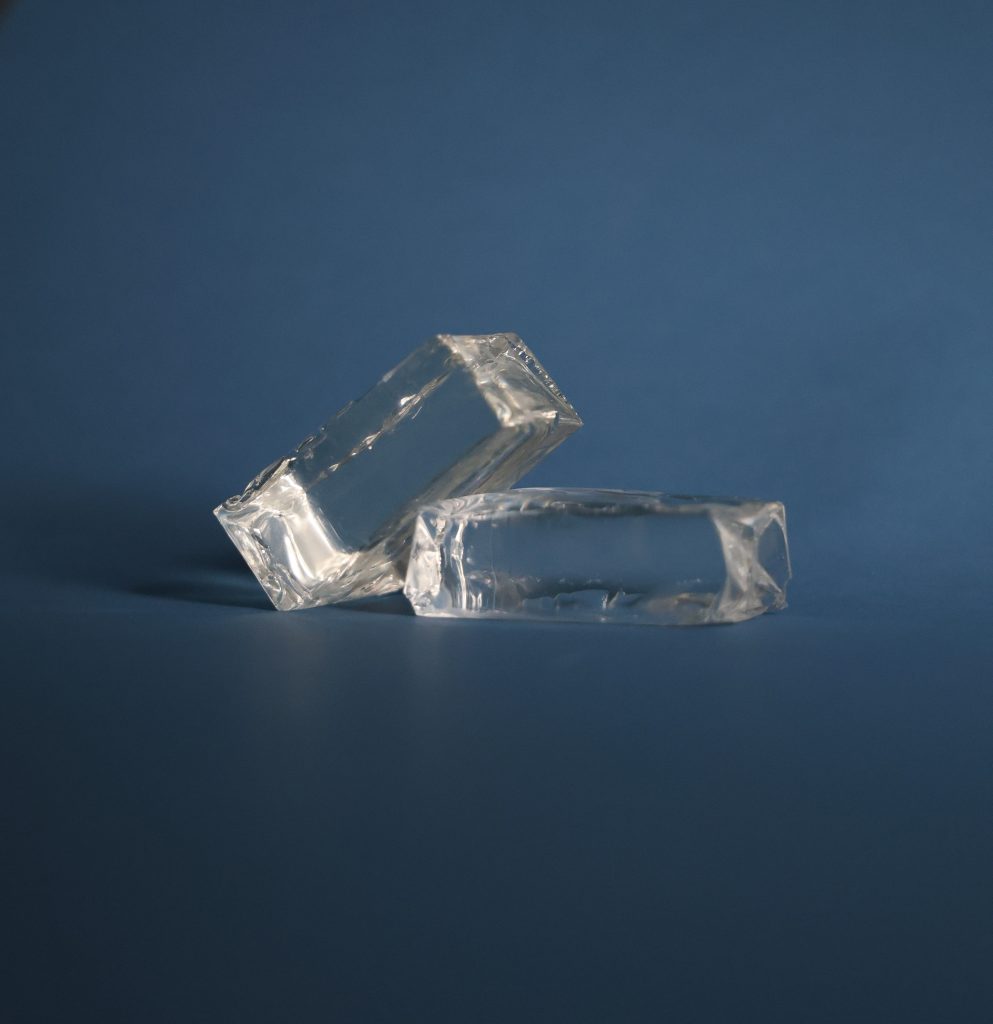
From there, Millathane is broken down further into TWO main categories or Grades, polyether-based or polyester-based. These millable polyurethane grades are determined by the type of polyol used. While both Polyether and Polyester Grades offer excellent abrasion resistance and strength properties, there are very distinct differences between the two. Polyether grades offer better resistance to water and humidity. Polyester grades offer better resistance to oil, fuel, and solvents.
Polyester: Best Choice for Heat, Oil, and Compression Set Resistance
Millathane 66R
Properties: Oil, fuel, and chemical resistance, great low and high temp performance, strong mechanically.
Uses: Seals, gaskets, O-rings, membranes, CV-boots, dust covers, bearings for automotive, hydraulic or pneumatic parts, drive belts, rollers.
Millathane 76
Properties: Excellent dampening, vibration control, oil and fuel resistance, abrasion resistance.
Uses: Automotive parts, O-rings, seals, gaskets, diaphragms, bushings, test pads, suction cups, rubber-covered rollers, solid tires.
Millathane 5004
Properties: Low-temp flexibility, excellent oil, fuel and solvent resistance, high strength and abrasion resistance, resistance to gas permeability
Uses: Seals, gaskets, O-rings, suction cups, rollers, diaphragms, molded electrical parts, dust covers
Polyether: Best Choice for Water and Hydrolysis Resistance
Millathane 26
Properties: Meets FDA regulations for wet and dry food contact (21CFR 177.2600), hydrolysis resistance, good strength
Uses: Belting, rollers, seals, gaskets, lining, curtains, hoses
Millathane E40
Properties: Excellent abrasion resistance, low-temp performance, hydrolytic stability
Uses: Rollers, belts, seals, gaskets, military, aeronautical
Millathane 55
Properties: Low viscosity, high hardness, excellent water, abrasion, ozone resistance, hydrolytic stability
Uses: Rollers, belting, industrial wheels, seals, footwear
Millathane 97
Properties: Excellent wear properties, excellent transparency, high coefficient of friction, very good UV stability
Uses: Shoe soles, roll covers, or where transparent, brightly colored, or decorative products are desired
Millathane CM
Properties: Abrasion and water resistance, excellent low-temperature properties
Uses: Rollers, military, aircraft, belts, bushings, seals, rollers
Millathane E34
Properties: Outstanding hydrolytic stability, water and abrasion resistance, low-temp flexibility
Uses: Rollers, seals, footwear, belting, gaskets, industrial wheels
Finally, download our Millathane Polymer Selector Guide for even more details, like density and Mooney viscosity. You can find even more information including specific Millathane formulas and safety data on our website.

